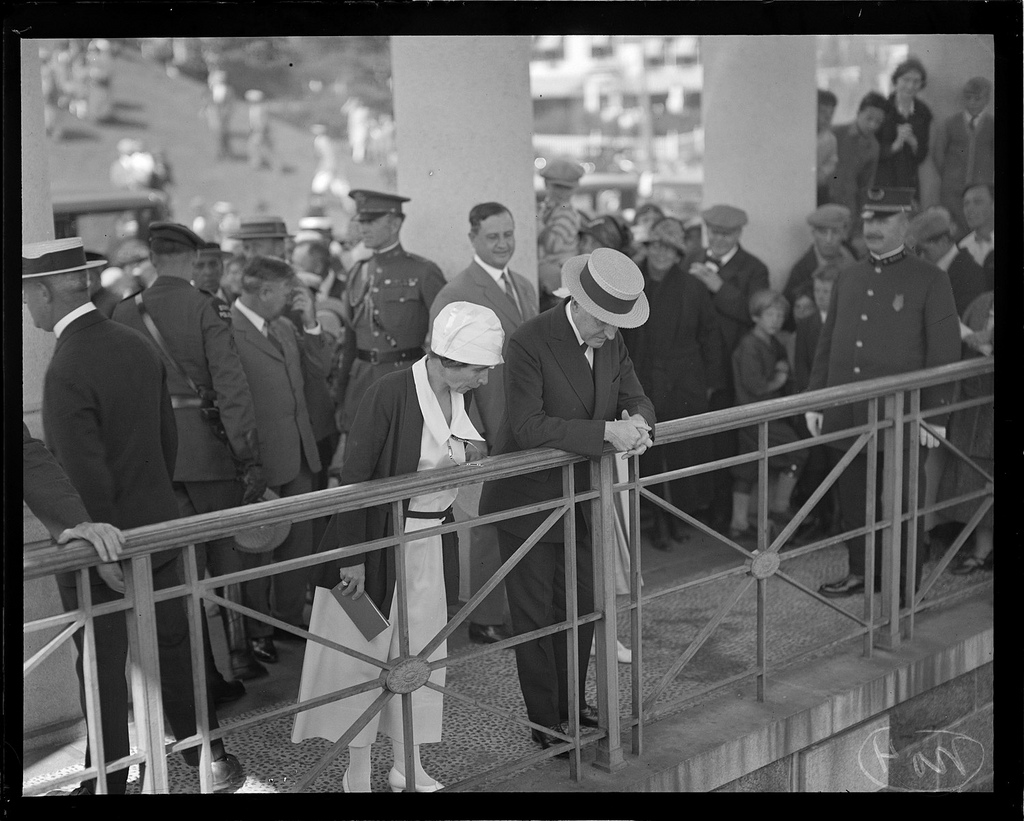Looking back to first the Protestant Reformation of the sixteenth century and then the Great Awakening during the eighteenth century, Calvin Coolidge pinpointed in 1923 what gave rise to the greatest political revolution in history, the creation of a constitutional Republic we know as the United States of America, “It was because religion gave the people a new importance and a new glory that they demanded a new freedom and a new government. We cannot in our generation reject the cause and retain the result.” It was not the ideological offspring of the Crusades — to do violence and conquer in the name of Christ, as the Old World had done for centuries. Rather, its lineage came from the call to return to New Testament Christianity, the love of neighbor and a reclamation of selfless service restored to its proper place of preeminence.
Coolidge would explain this sustaining impact of Christian principles in his Third Annual Message, December 8, 1925, “A spring will cease to flow if its source be dried up; a tree will wither if its roots be destroyed. In its main features the Declaration of Independence is a great spiritual document. It is a document not of material but of spiritual conceptions. Equality, liberty, popular sovereignty, the rights of men–these are not elements which we can see and touch. They are ideals. They have their source and roots in the religious convictions. They belong to the unseen world. Unless the faith of the American people in these religious convictions is to endure, the principles of the Declaration will perish. We can not continue to enjoy the result if we neglect and abandon the cause.”
As if to drive the point home, to define what he meant by Christ’s impression on American foundations, President Coolidge also once said, “Our government rests upon religion. It is from that source that we derive our reverence for truth and justice, for equality and liberty, and for the rights of mankind. Unless the people believe in these principles they cannot believe in our government. There are only two main theories of government in the world. One rests on righteousness, the other rests on force. One appeals to reason, the other appeals to the sword. One is exemplified in a republic, the other is represented by a despotism.”
Whatever despicable things our leaders may claim Americans are, we are not the children of the bloody Crusades. We are the sons and daughters of that which came later, the Great Awakening that stirred a conscience to God, revived a heart to walk humbly, and renewed a sense of our duty to do what is just one to another. Those who originally came here resolved for the first time in human experience, to build upon the firmest foundations ever known, the bedrock of Christian faith and reason, instead of the haphazard prejudices, arbitrary power, and vainglorious ambition they had known in the world they were physically and spiritually leaving behind. Those men and women of that day chose religious liberty at severe personal risk of all they had, even life itself, to stand before God with clear conscience not beholden to any man’s claim that he possessed mastery of their souls. In the end, they chose life, not death, and sought something more than a material advantage in new surroundings, they were seeking a better country, a heavenly one. This, not the avarice of Pope Urban’s Holy War, formed the foundation of America. That summons not a call to be ashamed and disgraced by our nation’s founding but to be honored and thankful.
